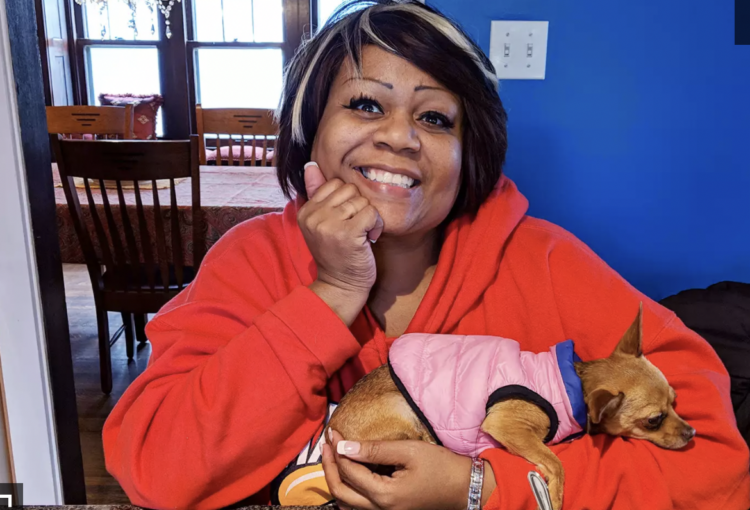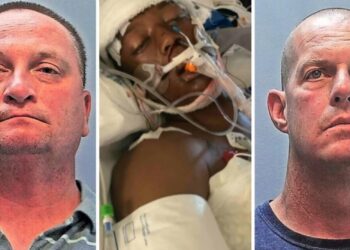A Black woman was arrested at 16 and later convicted in Arkansas for a killing that she and others say she did not commit. Now, she’s fighting to have the murder charge erased from her record.
As a teenager growing up in Little Rock, Arkansas, Laquanda “Faye” Jacobs worked at Burger King, sang in the church choir, and looked forward to college and a career beyond. As the youngest child in a blended family with 12 kids, her dream was to have a baby.
“It’s something I’ve always wanted,” she says. “I couldn’t wait to get older to have someone to love me, someone I can love and call my own. That’s what motherhood is for me.”
That dream was suddenly shattered when Jacobs, at 16, was arrested and later convicted for a crime that she and others insist she did not commit: the 1992 shooting murder of a former elementary school classmate, 17-year-old Kevin Gaddy.
She was found guilty and sentenced as a juvenile to life in prison without the possibility of parole. In 2014, her appeal for help caught the attention of the Midwest Innocence Project, which took up her case and gathered new evidence that undermined the conviction.
“Her innocence was so clear,” says MIP’s executive director, Tricia Rojo Bushnell.
Jacobs spent 26 years behind bars. Today, she is no longer in prison but far from free.
A Facebook video on the Midwest Innocence Project’s page shows Jacobs’ release from the McPherson Women’s facility in Newport on July 17, 2018.
According to THV11, MIP claims Jacobs’ case “has all the hallmarks of a wrongful conviction — incentivized testimony, procedures known to lead to eyewitness misidentifications and inadequate counsel.”
Related Story: South Carolina State University Clearing $9.8 Million in Student Debt
“Faye’s attorneys never investigated the crime and didn’t even ask the state for its files,” Tricia continued. “As a result, they never spoke to five additional eyewitnesses who saw the crime and stated that Faye was not the shooter.”
According to the National Registry of Exonerations, after 2,500 exonerations since 1989, more than 22,500 years were served behind bars by someone innocent for that crime in the U.S. alone.
Although Jacobs is now free, her murder conviction will remain on her record. Because Jacobs is not incarcerated, on probation or parole, her best hope for being exonerated would be a pardon from the governor of Arkansas.
Jacobs’ case is not over. Although she is no longer incarcerated, Jacobs and her legal team plan to file a petition for clemency from Gov. Hutchinson to clear her record of murder.















